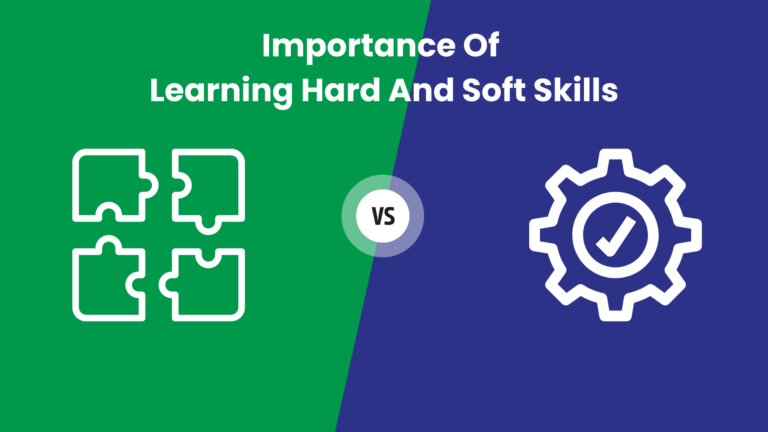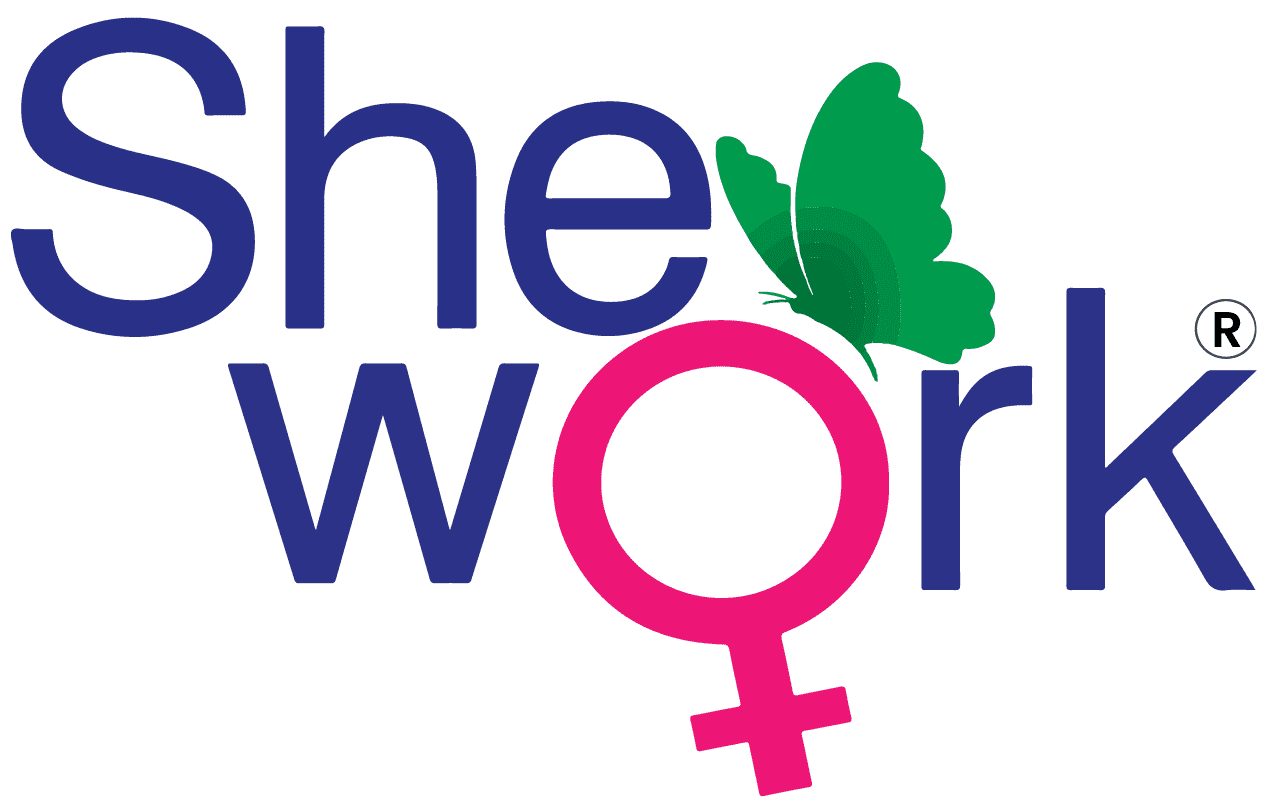The Importance Of Learning Hard And Soft Skills

There are always a set of skills that set you apart from the crowd. Furthermore, as you grow in your profession, upskilling and passing on the gained knowledge to newcomers become the main role.
A job requires both the skills to excel, and effectivity perform their duties. A good mixture of hard and soft skills is essential because it adds an additional factor to consistent growth. Now, coming to bifurcate, it can be majorly divided into two types; hard skills and soft skills.
Moving ahead, let’s first understand what these skills are;
Hard Skills vs Soft Skills
The major difference between hard skills and soft skills is their quantifiable nature. Hard skills or technical skills are acquired through education, training programs and continuous efforts. They can be perfected over time. However, soft skills are hard to acquire and even more difficult to change.
Soft Skills Compliment Hard Skills
As technical skills differ from one industry to another, soft skills are a little the same in nature. Depending on the industry, the soft skills required to do the job or get the job done vary. For example, for IT Professionals, soft skills such as active listening and mentoring are the skills required. Or while working in the field of copywriting, soft skills such as empathy, understanding, and communication skills are essentially required.
While working in an organization, you’ll be judged for the hard skills that you possess. They can help you get a job, but soft skills are your key to survival and growth while doing the jobs.
Did you know that coaching or mentoring is one of the most common and effective methods for improving soft skills? If you practice good soft skills that are required for your job, then working well with people from different generations becomes easier. Furthermore, it also increases the efficiency of the workforce and improves the output of the collaborative effort.
Importance of Soft Skills and Hard Skills
Hard skills are aimed at helping you attain mastery of something. While they help you start your career, it is the soft skills and the way you interact and treat others that define your career success. Trust is the most important factor that is developed through soft skills, and hard skills compliment it. Once trust is established with your colleagues, it increases interaction, relationship and productivity.
How to Improve Hard Skills?
Improving hard skills requires dedicated effort and practice. It requires the ability to continue learning and upskill with the changing times. Here are some ways through which you can improve your hard skills:
- Attend workshops
- Seek professional certifications
- Start with a professional organization
- Practice and apply
- Seek feedback
PS: Hard Skills vary from one industry to another. It is crucial for you to choose the industry and profile carefully.
How to Improve Soft Skills?
Soft skills are all about your personality and character traits. Furthermore, improving soft skills is a never-ending process; it requires self-awareness, practice, improvisation and growth. Here are some ways that can help you improve your soft skills:
- Self-reflection and self-awareness
- Assess your strengths and weakness
- Identify areas for development
- Practice
- Feedback
- Improvise
- Adapt
Conclusion
To sum up, both hard and soft talents are essential to succeed on both the personal and professional levels. Hard skills, which include technical proficiency and knowledge, lay the groundwork for carrying out particular tasks and duties successfully. They are necessary for landing employment and developing one’s career. A person may manage complex social interactions, work with others, and adjust to changing surroundings with the help of soft skills like communication, leadership, adaptability, and emotional intelligence. Soft talents are frequently distinguishing characteristics that set people apart and open the door for career advancement and personal development.
A well-rounded professional is one that not only excels in their field of expertise but also builds lasting connections, manages teams, and can adapt to new difficulties thanks to the mix of strong hard and soft abilities. Knowing the value of both hard and soft talents encourages people to invest in their own growth and build a variety of abilities that will help them succeed in a world that is changing quickly.
